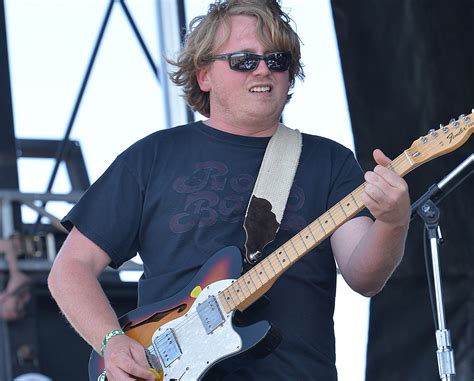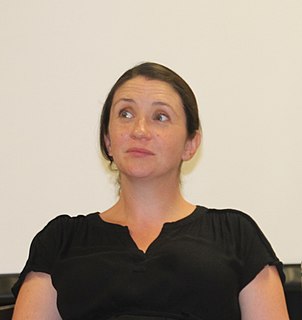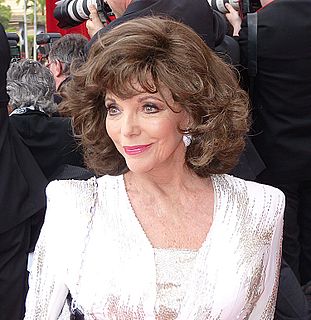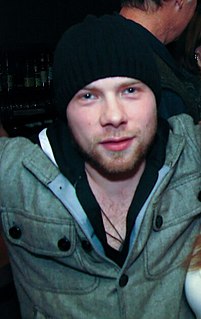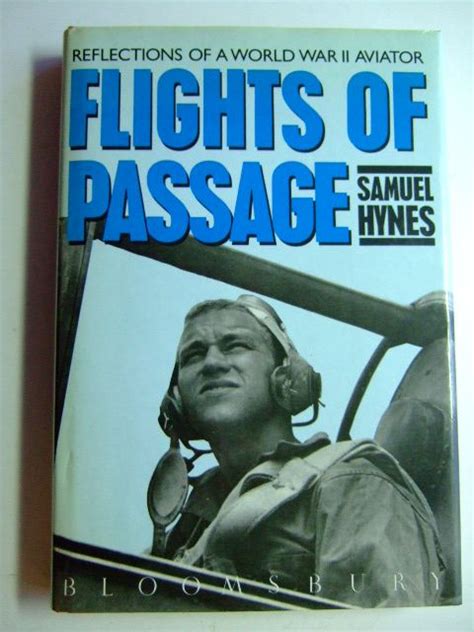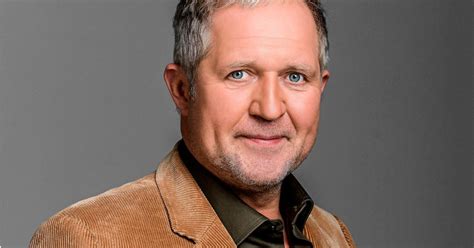A Quote by Jonathan Meades
When I started writing fiction it always seemed in retrospect (I didn't realise at the time) that it was always caused by environments rather than by incidents and characters.
Related Quotes
Once a poet always a poet, and even though I haven't written poems for a long time, I can nonetheless say that everything I've ever learned about writing lyrical fiction has been informed by three decades of writing in lines and stanzas. For me the real drama of fiction is almost always the drama of the language.
It had also been my belief since I started writing fiction that science fiction is never really about the future. When science fiction is old, you can only read it as being pretty much about the moment in which it was written. But it seemed to me that the toolkit that science fiction had given me when I started working had become the toolkit of a kind of literary naturalism that could be applied to an inherently incredible present.
The hardest part about writing fiction is finding long stretches of time to do it: for me, this means writing mostly on Saturdays and Sundays. But I am always thinking about my characters, jotting down ideas in stolen moments and hoping I'll be able to make sense of them when the weekend rolls around.
When you're writing a book that is going to be a narrative with characters and events, you're walking very close to fiction, since you're using some of the methods of fiction writing. You're lying, but some of the details may well come from your general recollection rather than from the particular scene. In the end it comes down to the readers. If they believe you, you're OK. A memoirist is really like any other con man; if he's convincing, he's home. If he isn't, it doesn't really matter whether it happened, he hasn't succeeded in making it feel convincing.
I think what I was unconsciously expressing in 'Black Rainbow' was a very abstract and metaphorical grief, in the way I had suppressed my grief about my mother dying. In retrospect I realise I started writing 'Mandy' as a sort of antidote to that, to sort of express those emotions, to purge that grief.
To me experimental fiction ultimately is about the experiment and I'm not interested in experiments for their own sake, and if anything I've always steered a bit clear of that kind of thing, because it seems gimmicky to play around with text rather than do the work of telling a story and creating characters.


